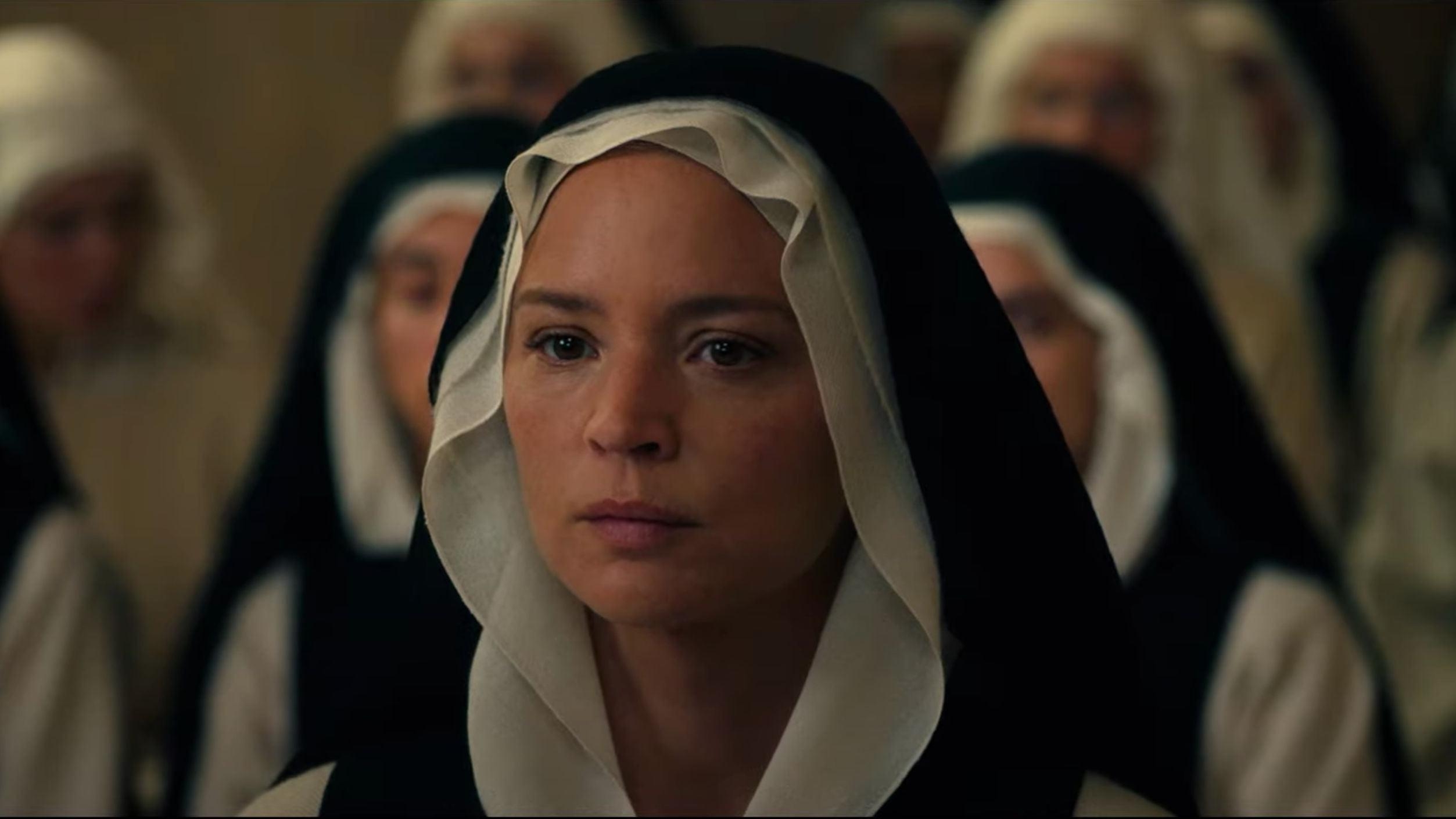The 10 best films on Hulu in March 2022
Provocative new movies from Paul Verhoeven and Radu Jude lead another strong month on Hulu

Photo: IFC Films
Hulu’s making sure that the amorous mood of Valentine’s Day continues well into March 2022, debuting two of last year’s lustiest films—Radu Jude’s sexually explicit satire Bad Luck Banging Or Loony Porn and Paul Verhoeven’s randy lesbian nun drama Benedetta—to the platform. David Lynch’s Blue Velvet and Sofia Coppola’s The Virgin Suicides add a dreamy romanticism, while hyperkinetic The Raid 2 provides a different kind of kick (hey-oooo). And if you get too excited, there’s always Mass, about the parents of a teenager killed in a school shooting confronting the parents of the boy who pulled the trigger. That’s about as sobering of a cinematic cold shower as you can get.
Join the discussion...